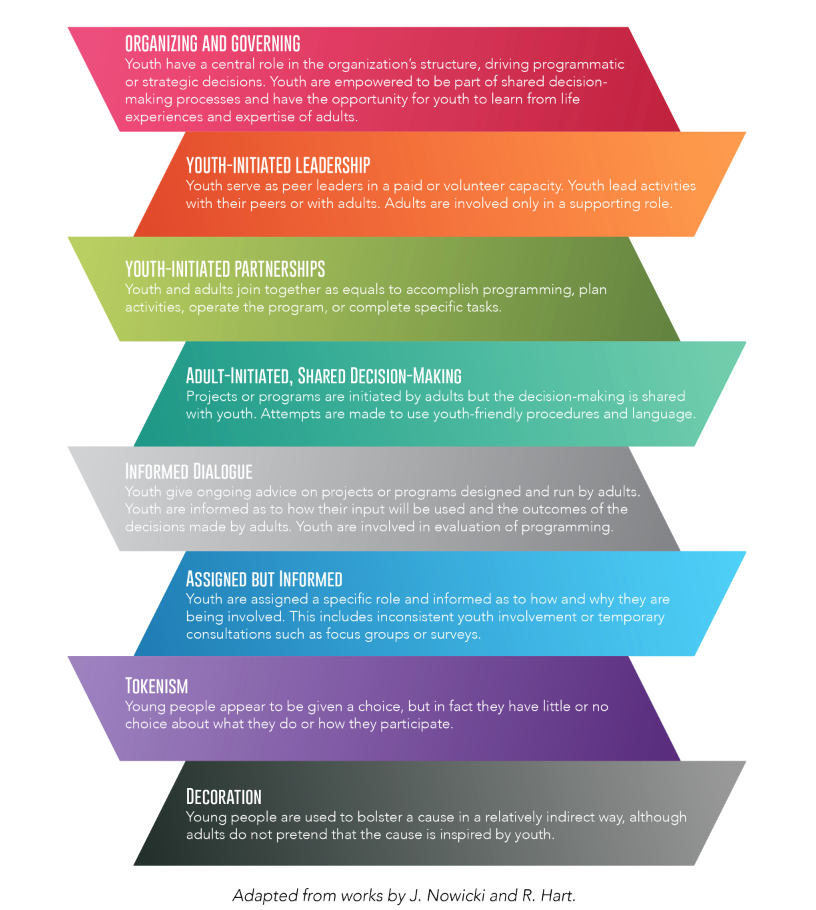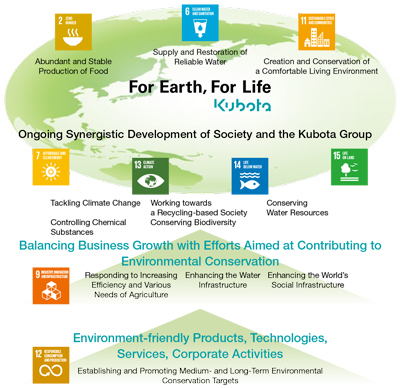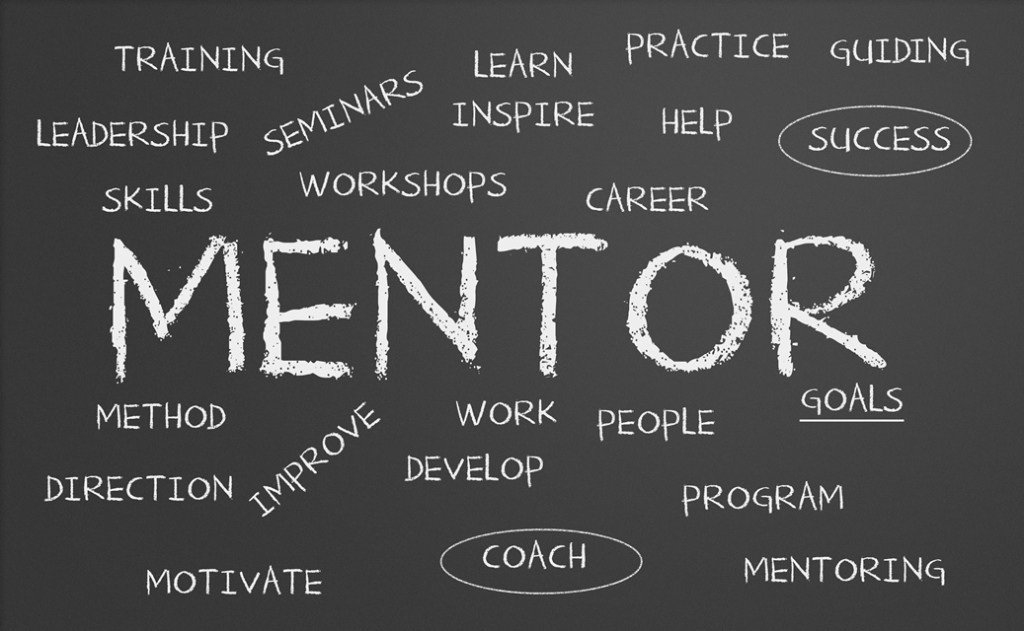The Potential of Young Change-Makers: Empowering Youth Through Education
In today’s fast-paced and interconnected world, empowering young change-makers has become more important than ever. With their unique perspectives, energy, and creativity, young people have the power to shape and transform our society for the better. One key way to unlock their potential is through education. By providing youth with quality education, we can equip them with the necessary skills, knowledge, and confidence to make a real difference in their communities and beyond.
1. Foster Critical Thinking Skills:
Education should go beyond rote learning and focus on developing critical thinking skills. Encouraging young change-makers to question the status quo and think innovatively will empower them to challenge existing systems and find creative solutions to complex problems.
2. Offer Entrepreneurial Education:
Entrepreneurial education equips young change-makers with the skills needed to identify opportunities, take calculated risks, and bring their ideas to life. It fosters resilience, adaptability, and a problem-solving mindset. By integrating entrepreneurship into the education system, we empower youth to become social innovators and value creators.
3. Encourage Civic Engagement:
Education should instill a sense of civic responsibility in young change-makers. Teaching them about democracy, human rights, and social justice will inspire them to become active participants in their communities. Encouraging civic engagement empowers youth to advocate for change, volunteer, and pursue careers in public service or social entrepreneurship.
4. Promote Global Citizenship:
In an increasingly interconnected world, it is crucial to cultivate global citizenship among young change-makers. Education should expose them to diverse cultures, perspectives, and global challenges. By understanding the interconnectedness of global issues such as climate change or poverty, youth can develop empathy, learn from different cultures, and collaborate on solutions at a global level.
5. Provide Mentorship Opportunities:
Mentorship plays a pivotal role in empowering young change-makers. Connecting them with experienced professionals in their fields of interest allows for knowledge sharing, guidance, and inspiration. Mentorship provides invaluable networking opportunities and instills confidence in youth to pursue their goals fearlessly.
6. Incorporate Technology and Digital Literacy:
In the digital age, equipping young change-makers with technological skills and digital literacy is essential. Education should integrate technology and teach coding, data analysis, and digital tools. This empowers youth to effectively leverage technology as a powerful tool for change, innovation, and social impact.
7. Create Safe and Supportive Environments:
To empower young change-makers, it is vital to create safe and supportive environments in schools and communities. Addressing issues such as bullying and discrimination fosters a sense of belonging and self-worth. By cultivating inclusive spaces, we encourage youth to express themselves, share their ideas, and contribute to societal progress.
In conclusion, empowering young change-makers through education is key to unlocking their full potential. By fostering critical thinking, entrepreneurial skills, and global citizenship, we can prepare them to address the complex challenges of the 21st century. Providing mentorship opportunities, promoting digital literacy, and creating safe environments further amplify their impact. By investing in the education and empowerment of our youth, we ensure a brighter and more sustainable future for all.











